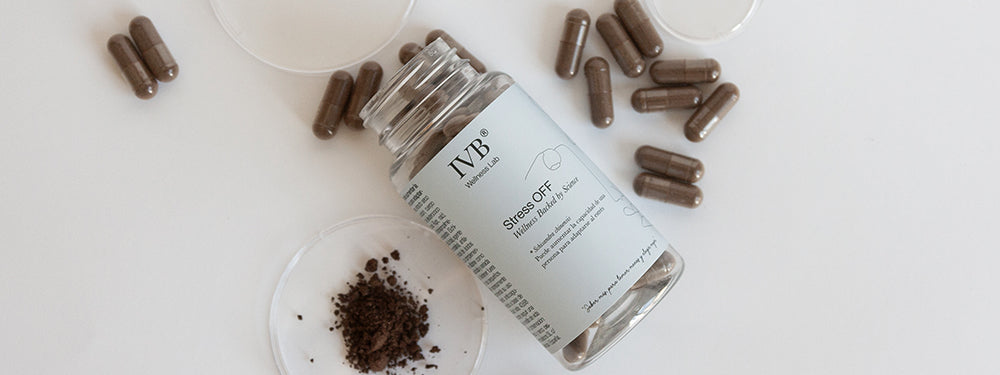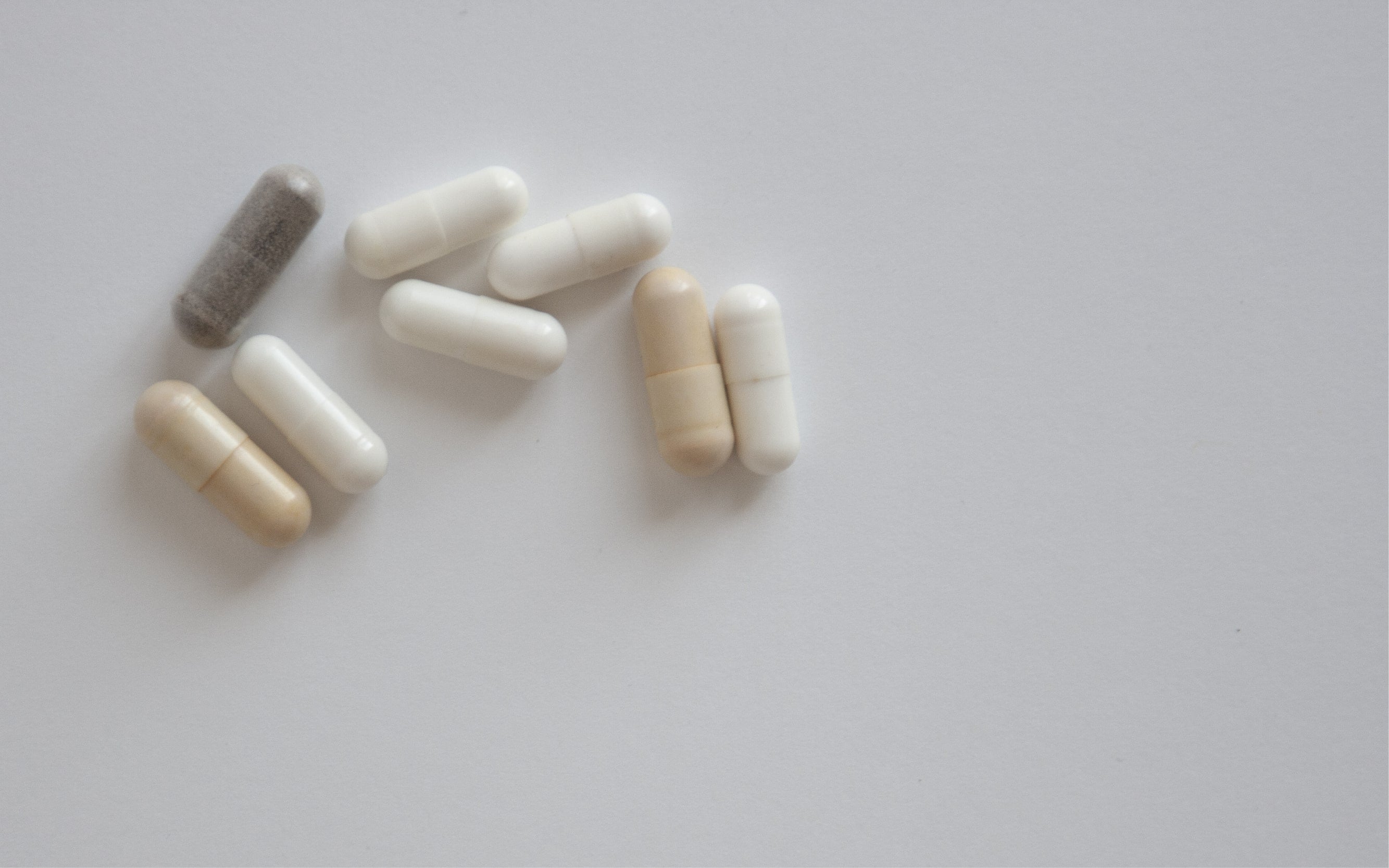
Basic guide to food and vitamin supplements: Essentials for beginners
What supplements to take to start taking care of yourself
Before starting, remember that dietary supplements come to accompany and complement a healthy lifestyle, not replace it. And we're not just talking about a balanced diet: rest, physical exercise, hydration and your environment also make your life happier and healthier. Vitamin supplements may or may not be necessary depending on your goals, characteristics and needs.
Although generalizing is complicated, especially when we talk about health, we can make a general and basic recommendation that serves as a guide to start optimizing your health thanks to vitamin supplements.
Food supplements, vitamins and minerals that you cannot miss
B12 vitamin
Vitamin B12 is necessary in people who do not eat meat or fish on a regular basis. Deficiency of this vitamin can lead to memory loss, mood disturbances, paresthesias (a sensation of numbness and tingling), cramps in the legs and/or hands, and/or anemia.
Magnesium
Magnesium is a mineral that is involved in hundreds of metabolic and hormonal reactions. It is necessary for adequate muscle contraction, to control blood pressure and for adequate physical performance. It is also key to absorb, transport and activate vitamin D.
There are many types of magnesium supplements on the market and it can be confusing to know which one to choose. Mainly you have to take into account that the supplement is highly bioavailable and that it does not cause gastrointestinal discomfort like magnesium malate and magnesium bisglycinate. You can continue reading about the benefits of magnesium here .
Vitamin D
Vitamin D is key at normal levels to maintain bones in normal conditions and proper functioning of the muscles and the immune system and overall health.
It is essential and almost mandatory to supplement this hormone-vitamin since it is known that more than 60-75% of Spaniards have insufficiency or even deficiency (even more serious) of vitamin D. And not only older people but also young people. The absorption of vitamin D is not present in food but rather we absorb it from the sun. However, this is insufficient even in summer.
The most current evidence supports the joint use of vitamin K2 along with vitamin D3 for its cardioprotective effects, since it prevents calcium from being deposited in the arteries instead of in the bones. If you want to know more about vitamin D3K2 click here.
Vitamin C
Vitamin C is an antioxidant with numerous extra functions: it contributes to the production of collagen, the regeneration of Vitamin E and the absorption of iron.
Omega 3
Omega 3 is key for its role in resolving chronic inflammation, for reducing the risk of cognitive deterioration, for promoting the neurodevelopment of children and even being able to reduce the loss of muscle mass associated with age or injuries. Furthermore, its association with vitamin D has been shown to be able to reduce the appearance of autoimmune diseases.
Omega 3 is a type of fatty acid that we cannot produce by ourselves but rather we have to consume it with food. You can find Omega 3 especially in oily fish but it is difficult for us to cover the 0.3 - 0.5g of omega that our body needs with our diet and that is why it is essential to supplement.
Coenzyme Q10
Lastly but equally important, Coenzyme Q10 is a fundamental pseudovitamin, involved in respiration and cellular energy production in each and every cell in your body. The organs that consume the most CoQ10 are the most metabolically active: brain, heart and muscles.

Start your vitamin supplement routine
This can be the starting point if you are considering starting supplements. You already know what vitamins and minerals your body needs to be able to perform all its functions in the best way. Supplementation is becoming more and more necessary: because it is not enough to reach optimal levels of nutrients with the diet, no matter how healthy it may be, but also due to external factors such as pollution or even stress.
It is increasingly necessary to incorporate a care routine from within and knowing why and why you do it is vitally important. If you want to refine the selection of your vitamin supplements, read the questions asked by Dr. Isabel Viña before recommending any treatment and create your own routine. Read the following article.













